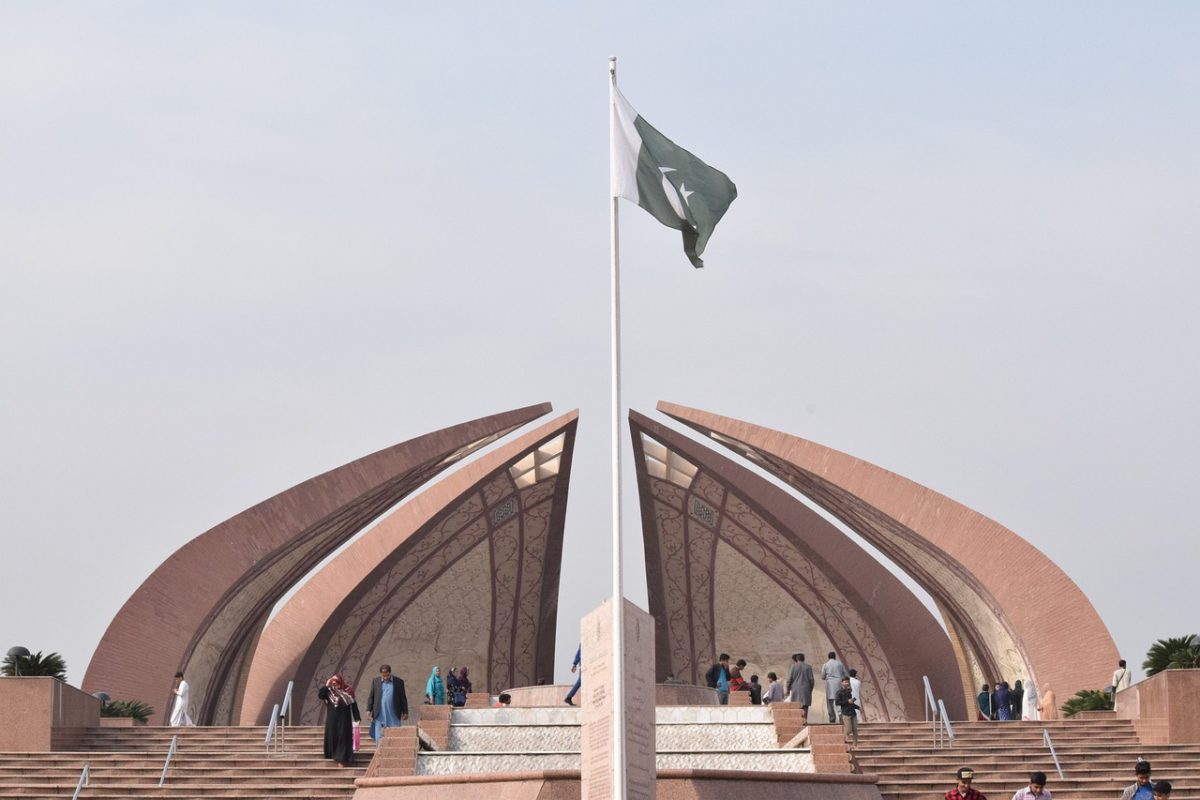Skip to content

Summary
- Reforms to the Judiciary: The 26th Constitutional Amendment in Pakistan introduces significant changes to the judiciary, including curtailing the Supreme Court’s suo motu powers (ability to act on its own cognizance) and creating specialised constitutional benches.
- Judicial Appointments: The amendment restructures the Judicial Commission of Pakistan, increasing parliamentary influence over judicial appointments and adding a technocrat to the selection panel.
- Environmental Rights: A new Article 9A guarantees citizens the right to a clean and sustainable environment, reflecting growing environmental concerns.
- Supporters’ View: Proponents argue the amendment restores the balance of power between parliament and judiciary, while improving judicial efficiency and transparency.
- Critics’ Concerns: Critics, including the opposition and international bodies, warn it undermines judicial independence by increasing political influence and limiting judicial oversight.
Continue reading “Situation Brief: Pakistan’s 26th Constitutional Amendment”

Summary
- Tariffs as Geopolitical Tools: Tariffs are increasingly used not only for economic protection but also for geopolitical strategy, influencing global trade and signalling national interests.
- Chinese EV Industry Example: The EU and other countries are imposing or considering tariffs on Chinese electric vehicles, citing unfair competition, while also protecting domestic industries from the rapid growth of China’s EV sector.
- Domestic Political Motives: Tariffs often cater to domestic political considerations, such as protecting jobs and industries, as leaders seek to address public concerns and safeguard strategic sectors.
- Impact on Global Trade: While tariffs may protect local industries, they risk disrupting international supply chains, increasing costs for consumers, and escalating global trade tensions.
- Strategic Industries and Future Trends: Tariffs on key sectors like green energy and advanced technology are expected to grow, further entrenching protectionism and complicating global trade relations.
Continue reading “Tariffs as a Geopolitical Tool: The Intersection of Domestic Politics and Global Trade”

Summary
- The media landscape has shifted, with traditional news outlets losing influence and alternative platforms like podcasts and social media gaining prominence.
- Both Kamala Harris and Donald Trump are adopting multi-platform strategies to target specific voter demographics, particularly those disengaged from traditional media.
- Harris’s media appearances on podcasts like Call Her Daddy and talk shows aim to reach young, female, and minority voters with tailored messaging.
- Trump is focusing on podcasts hosted by influencers to connect with younger, male audiences, using their platforms to bypass traditional political news channels.
- The shift in campaign strategies reflects the declining trust in traditional media, signalling the growing importance of personalised, direct engagement through alternative media.
Continue reading “Media Choices in the 2024 Presidential Campaign Reflect a Changing Communications Landscape”


